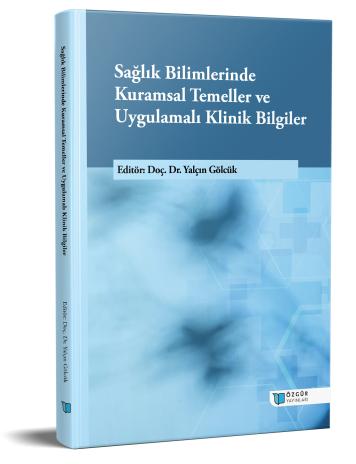
Intraoperative Ultrasonography in Spinal Surgery
Chapter from the book:
Gölcük,
Y.
(ed.)
2025.
Theoretical Foundations and Applied Clinical Knowledge in the Health Sciences.
Synopsis
With technological advances, intraoperative ultrasonography (IOUS) has become increasingly essential in spinal procedures. IOUS enables the surgeon to readily detect and assess lesions within the spinal cord, the dural sac, and the ventral surface of the cord during surgery. Intramedullary and extramedullary tumors, vascular malformations, hematomas, abscesses, cysts, syrinxes, disc herniations, and osteophytes can be accurately identified and surgically managed under ultrasound guidance. IOUS also permits evaluation of decompression adequacy in degenerative cervical spinal stenosis and trauma-related spinal cord compression; monitoring of CSF flow during cervicomedullary junction decompression for Chiari type 1 malformation; and minimally invasive catheter and shunt placement. In recent years, promising data have emerged on the intraoperative use of ultrasound modalities such as 3D imaging, color Doppler, contrast-enhanced ultrasound, fusion with preoperative MRI, navigation-guided ultrasound, and elastography. Despite the availability of neuronavigation systems and intraoperative MRI/CT, IOUS remains a practical, cost-effective, and widely accessible option for real-time imaging. This article reviews the clinical applications and methodology of IOUS in spinal surgery.

